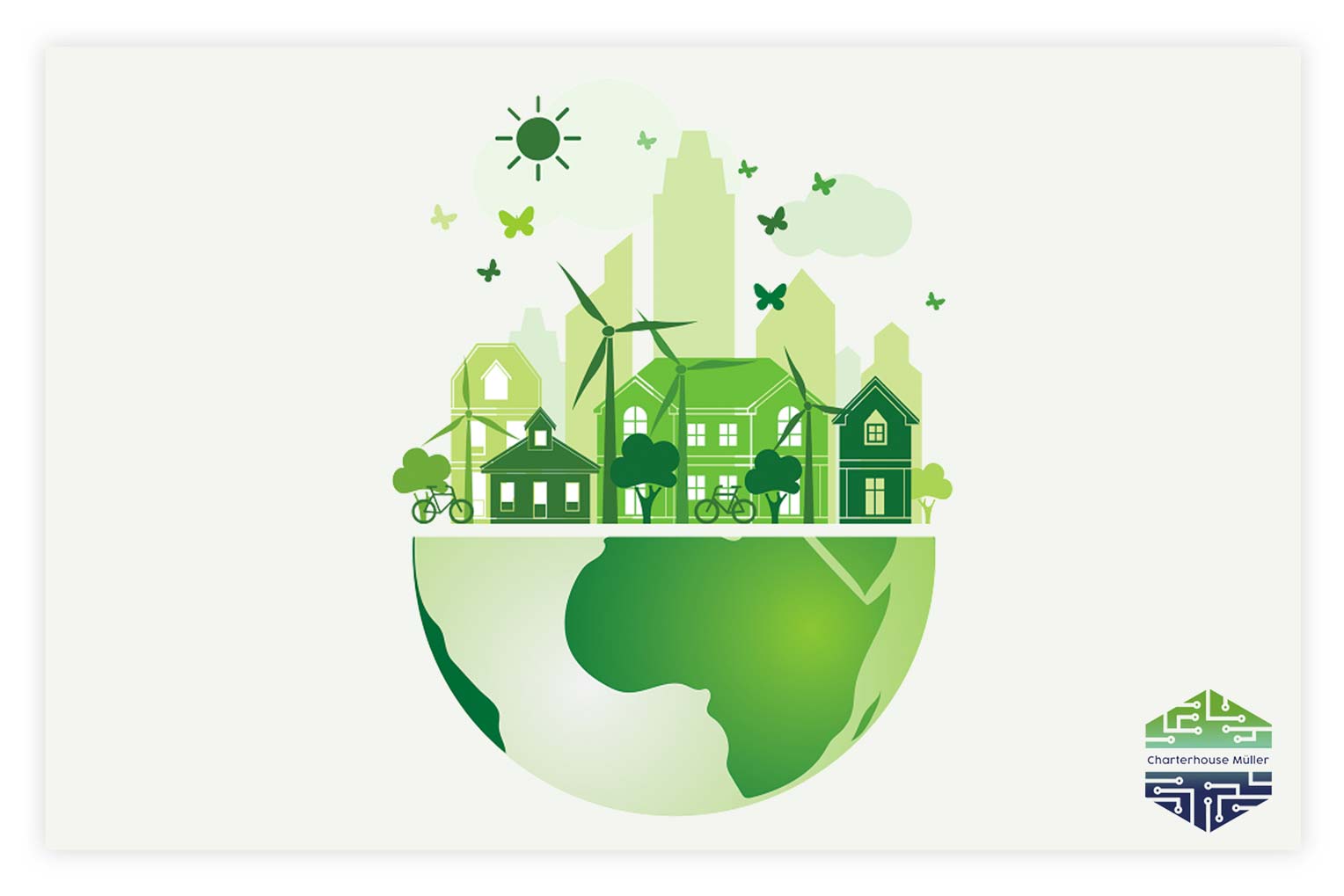
28 Aug Why You Need A Sustainable IT Policy (Really)
When it comes to running a business, we know there are hundreds, if not thousands of things you need to be thinking about. And a lot of those will seem much more important than others. Sadly, sustainability used to be very far down the list of priorities – but thanks to a lot of hard work and some quite startling statistics, we’re now seeing more and more businesses take an interest in developing sustainability policies for their business. But did you know that 25% of organisations that say they have a sustainable IT policy simply take their hardware to the dump (18%), or have it destroyed (8%)? And that, while destruction is often done for security reasons, the reality is that those are the least sustainable ways of handling obsolete hardware. Instead, you need to really look at sustainability.
Why Sustainability Matters
By now, we all know the importance of investing in sustainable solutions and their impact on the environment. And if you don’t, you might have been living in a cave for the last few years. But there is still a fundamental misunderstanding when it comes to IT equipment, and where the sustainability policies need to come in. For example, it’s easy to see how the everyday use of laptops or mobile phones is an obvious cause of CO2 emissions. But this is where the fundamental mistake is made – because everyday use isn’t the big cause of CO2 emissions – it’s actually the making of new equipment, alongside disposing of old equipment in landfill – which causes the highest levels of CO2. So instead of the traditional ‘take, make, dispose’ model, businesses should be looking to create a circular equipment model within the company; one that reuses products and materials to minimise waste and make the most of our natural resources.
Emissions vs Energy
When you’re looking at CO2 emissions, you need to think about more than just the manufacturing of a piece of equipment. Every part of the chain from beginning to end adds to the carbon footprint of a device, which means that the typical laptop produces around 300kg of CO2 over the course of its life. That’s around the same as a return flight from Heathrow to Dubai.
Research also suggests that by 2040, IT devices (like laptops, smartphones, monitors, tablets and servers) will account for around 14% of the global carbon footprint – more than half of the contribution for the entire transport sector! All because producing these devices plays a more significant role in creating emissions than their everyday use. Don’t believe that? Apple reports that 83% of the lifetime carbon dioxide associated with the iPhone X comes from the manufacturing process.
Clearly, recycling IT equipment plays a big role in reducing carbon emissions!
Creating Sustainable IT Policies
Reducing CO2 isn’t just a consumer issue. In 2018, businesses and consumers collectively produced 49.8 million tonnes of e-waste globally (which is about the weight of 5,000 Eiffel towers). And that’s repeated every year. But if organisations could not only create sustainable policies around IT, but actually action them properly as well, this problem could be cut considerably. That means not being one of the 1/3 of businesses that dump or destroy their obsolete devices, or the 85% who don’t consider this a problem at all.
In the past, we’ve talked about ways you can reduce your business e-waste, sustainably reusing your IT equipment, and even written guides on how you can create a sustainable data destruction policy for 2020. Our experts are always happy to advise on the steps you can take to prolong the life of your assets, and how to minimise your carbon footprint through reducing, reusing and recycling.
At Charterhouse Muller, we would like to be a part of the sustainability process. Our entire business model is built around secure, ethical and sustainable IT asset retirement, and we are a vital part of the sustainable It policy for many businesses. Our services can prolong the lifetime of your devices within the business, or resell them on to be reused, while kicking back some of the proceeds to your business as an incentive. If you would like to know more about how we can help you be more sustainable, just get in touch with us today.

